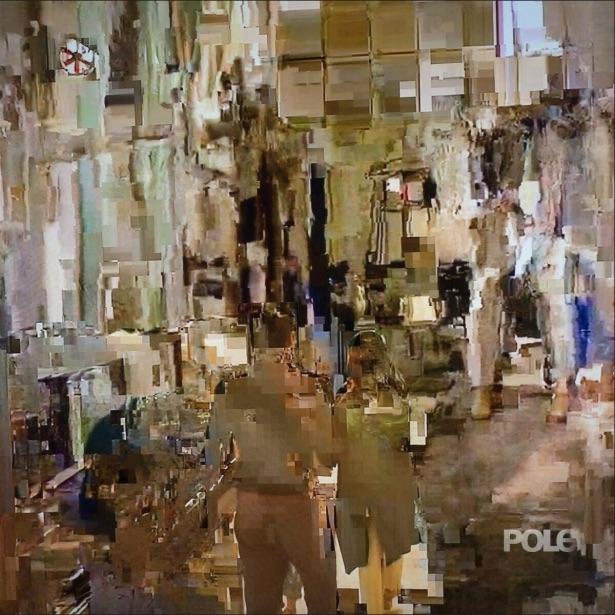
Pole returns to Mute for first album since 2015’s Wald.
Of all the many rabbit holes to go down when venturing into the world of electronic music, few go deeper than the burrow that leads to dub techno, the floor-rattling hybrid of scenes built in Detroit, Michigan and Kingston, Jamaica.
As a sound in Britain, Alex Patterson and The Orb commercialised it, whilst the late Andrew Wetherall predictably bent out new shapes from the bleeps and bass on several criminally underrated albums, recording as Two Lone Swordsman.
Not many countries have embraced techno more enthusiastically than Germany, however.
As an example, the influence of Stefan Betke’s twenty-five-year-plus career as Pole – named after a broken Waldorf 4-Pole filter that gave his earliest music its distinctive sound – was recognised earlier this year with the reissue his first three albums as one vast tract of retro-minimalism.
If more recent output has seen a shift from this glitchy pop and hiss-filled base, Fading partially retrieves it, diligently using, Betke says, threads from those older works, retaining connection.
The album’s theme is memory, of owning experiences, lives being enriched and then subsequently dispossessed of them – as has been the case with his 91-year old mother, who now suffers from dementia.
Whilst not a motif that dominates, the album’s opening track Drifting is, the producer says, his interpretation of the process by which a soul is born and then eventually drained of what makes it unique. The results are less peak and trough than this might suggest, although there is some kinetic animation in the form of ghostly hi-hats and a cabaret of echoing sub-sounds as it progresses.
A similar-but-not-the-same concept forms the root of the closing title-track, which musically consists of repeated phrases but is designed as a tribute to a human’s legacy beyond the basic footprint of our existence. It could be perceived as an exercise in solemnity however, the endless loop speaks more to the baton-passing from one generation to the next, a relay which is never over.
This area is of course a little more of a crowded field than when the first Pole album was released in 1996, but on the other-wordly atmospherics of Erinnerung, Betke nods to fellow veteran Geir Jenssen and the gothic ambience as Biosphere, while Traum is a typically labcoat-wearing collage of weirder frequencies and a never-present low end.
Unfamiliar listeners tend to process this absence of a dominant tone differently, the lack of foreground persuading them to search; it can be found for instance on Tölpel, its alien sounding melody buffeted through skittering beats, where Nebelkrähe seems unsure whether or not it’s a dirge or a frequency becoming stronger through the static.
Stefan Betke has written about these moments of certainty and doubt, visions blurring and becoming less distinct over time. These form a natural equation with a certain outcome; Fading explores the permutations but offers no answers of its own.
7.5/10



